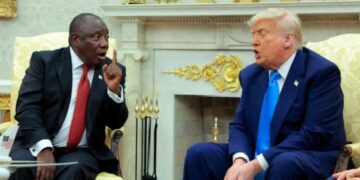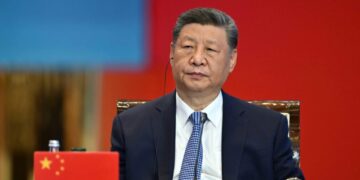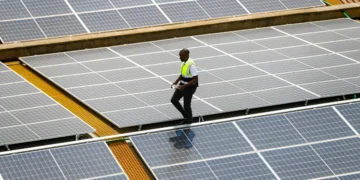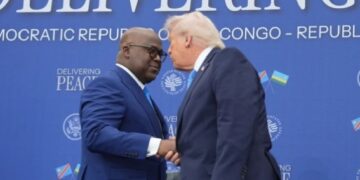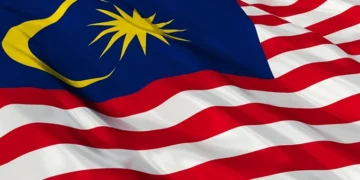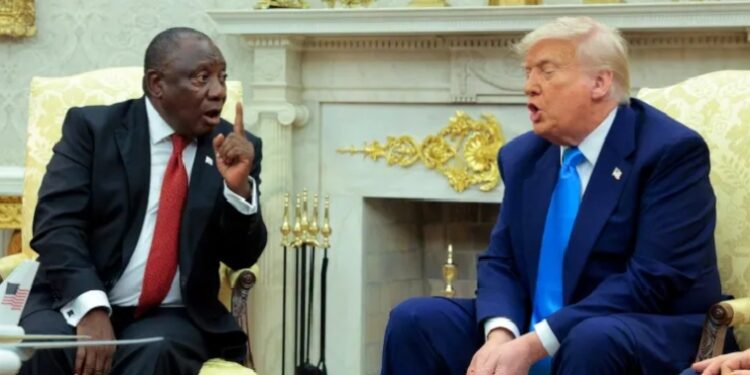By Enyichukwu Enemanna
A Minister in President Cyril Ramaphosa’s administration on Tuesday announced that South Africa was ready to offer a more “generous” new trade deal to the United States, aiming to avoid Washington’s 30% tariff.
Washington last week imposed export tariff on some South African exports, to the tune of 30%, the highest in sub-Saharan Africa.
This came despite last-minute efforts by Pretoria to negotiate a better arrangement to avoid the economic consequences of the tariff.
The ministers did not disclose details of the new offer but said previously discussed measures to increase imports of US poultry, blueberries, and pork had been finalised.
“When the document is eventually made public, I think you would see it as a very broad, generous and ambitious offer to the United States on trade,” Agriculture Minister John Steenhuisen said at a press briefing.
Officials have said the 30 per cent tariff could cost the economy around 30,000 jobs.
“Our goal is to demonstrate that South African exports do not pose a threat to US industries and that our trade relationship is, in fact, complementary,” Trade Minister Parks Tau said.
The United States is South Africa’s third-largest trading partner after the European Union and China.
However, South African exports account for only 0.25 per cent of total US imports and are “therefore not a threat to US production”, Tau said.
The Agriculture minister said US diplomats raised issues related to South African domestic policies, which was a “surprise given the fact we thought we were in a trade negotiation”.
The two nations are at odds over a range of policies, which warranted a visit to Washington in May by Ramaphosa where he cleared the air on alleged land administration policies targeting white farmers.
“Things like expropriation without compensation, things like some of the race laws in the country, are issues that they regard as barriers now to doing trade with South Africa,” Steenhuisen told AFP on the sidelines of the press briefing.
“I think we’re seeing some form of a new era now where trade and tariffs are being used to deal with other issues, outside of what would generally be trade concerns,” Steenhuisen said.
